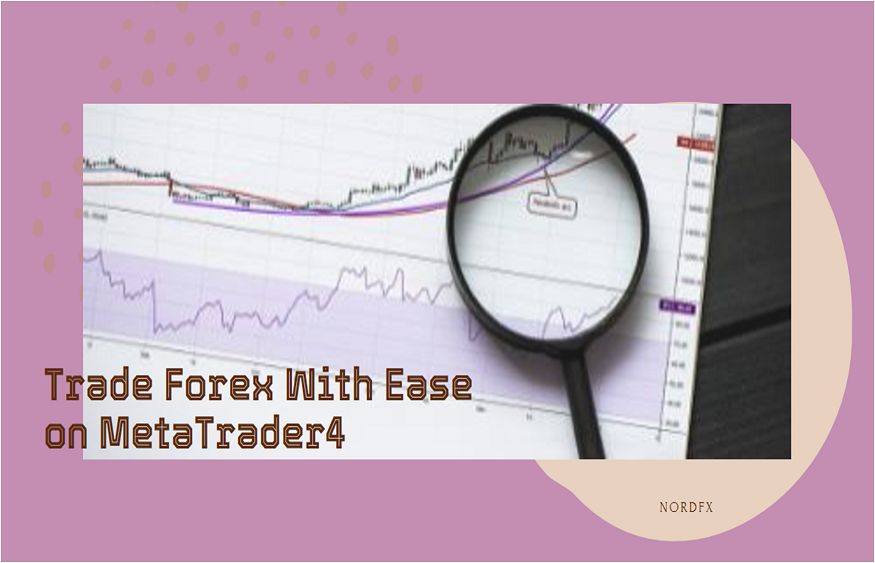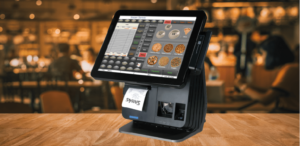Welcome to the world of Forex trading, where the right platform can make all the difference. In this comprehensive guide, we will delve into the nitty-gritty of MetaTrader 4 (MT4), an industry-leading platform that can empower your trading journey.
Getting Started with MetaTrader 4
Installation and Setup
Downloading and installing MT4: Head to the official MetaTrader 4 website, download the platform, and follow the installation instructions.
Creating a trading account: Sign up with a reputable broker, enter your account details in MT4, and select your server.
Navigating the MT4 interface: Familiarize yourself with the various sections, such as the Market Watch, Terminal, and Chart Windows.
Connecting to a Broker
Choosing a compatible broker: Research and select a broker that supports MT4.
Configuring server settings: Input the server details provided by your chosen broker.
Logging in to your trading account: Enter your account credentials to access the platform.
Understanding the MT4 Interface
Market Watch
Adding and removing currency pairs: Right-click in the Market Watch window, select Symbols, and manage your currency pairs.
Monitoring live price quotes: Keep an eye on real-time market prices in the Market Watch window.
Customizing the display: Adjust the display preferences to suit your trading style.
Charting Tools
Opening different chart types: Experiment with line charts, bar charts, and candlestick charts.
Customizing chart properties: Modify colors, timeframes, and other properties for optimal analysis.
Using timeframes effectively: Understand the significance of different timeframes in your trading strategy.
Order Execution
Placing market orders: Execute instant trades at current market prices.
Setting up pending orders: Plan your trades by setting entry points in advance.
Modifying and canceling orders: Adjust your trades or cancel pending orders as market conditions change.
Analyzing the Market
Technical Analysis
Using indicators: Apply popular indicators like MACD, RSI, and Moving Averages for insightful analysis.
Drawing trendlines and support/resistance levels: Identify key levels and trends on your charts.
Applying chart patterns: Recognize and trade based on chart patterns like triangles and head and shoulders.
Fundamental Analysis
Incorporating economic news: Stay informed about economic events that impact currency values.
Understanding central bank decisions: Grasp the influence of central banks on currency movements.
Monitoring global events: Be aware of geopolitical events affecting the forex market.
Advanced Trading Features
Expert Advisors (EAs)
Installing and using EAs: Download and install pre-built EAs or create your own.
Creating custom indicators and scripts: Customize technical tools to suit your strategy.
Backtesting strategies: Evaluate the performance of your strategies using historical data.
Risk Management
Setting stop-loss and take-profit levels: Define risk parameters for each trade.
Calculating position size: Determine the appropriate trade size based on your risk tolerance.
Diversifying your portfolio: Spread risk by trading multiple currency pairs.
Monitoring and Evaluating Trades
Trade History
Reviewing past trades: Analyze your trade history using the Terminal window.
Analyzing performance metrics: Assess key performance indicators like win rate and profit/loss ratios.
Identifying strengths and weaknesses: Learn from your trading history to improve future decisions.
Trading Journal
Importance of maintaining a trading journal: Record your thoughts, strategies, and emotions for each trade.
What to include in your journal: Document entry and exit points, reasons for trades, and lessons learned.
Learning from both successful and unsuccessful trades: Extract insights from both wins and losses to refine your approach.
Tips for Success
Staying disciplined and patient: Emotions can cloud judgment, so adhere to your trading plan.
Continuous learning and adaptation: The forex market evolves, so should your strategies.
Seeking community and expert advice: Engage with the trading community and learn from experienced traders.
Conclusion
As you embark on your MetaTrader 4 journey, remember that mastery takes time and dedication. By integrating the insights gained from this guide, you’re well on your way to becoming a savvy and successful forex trader.



